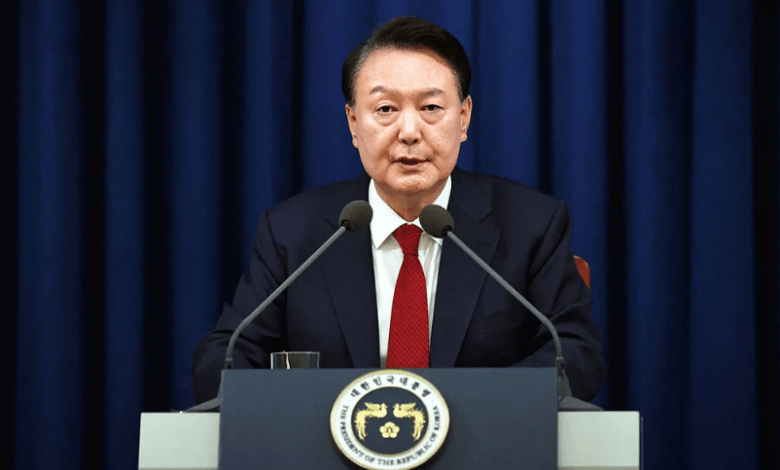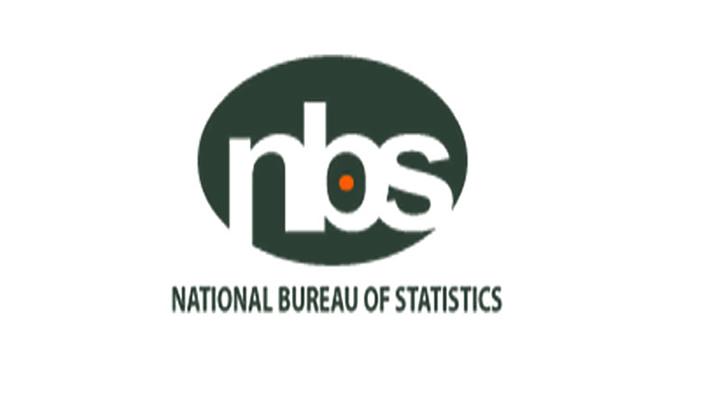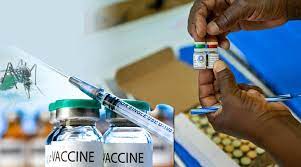South Korean President Yoon Suk-yeol Faces Preliminary Court Hearing Over Alleged Rebellion

South Korean President Yoon Suk-yeol appeared in court Thursday for a preliminary hearing regarding accusations that he attempted to incite a rebellion by imposing martial law in December.
The hearing took place at the Seoul Central District Court, where heightened security measures were in place, and dozens of Yoon’s supporters gathered outside in his defense.
The court session focused on procedural matters, including the selection of witnesses and other preparations ahead of the criminal trial. In addition, the court will address a request from Yoon’s legal team to have his arrest canceled and secure his release from custody.
Yoon’s legal troubles began on January 15, when he was arrested after a week-long standoff at his residence. His arrest marked the first time a sitting South Korean president faced such legal action. The charges stem from his controversial martial law declaration on December 3, which he claimed was necessary to protect South Korea from threats posed by North Korea and to eliminate alleged antistate elements. However, the decree sparked widespread protests, and the National Assembly swiftly voted to lift the martial law within six hours of its declaration.
On January 26, Yoon was formally indicted on charges of rebellion, accused of using the martial law as an unlawful move to dissolve the National Assembly and arrest political opponents and election authorities.
While South Korean presidents typically enjoy immunity from most criminal charges, this protection does not extend to charges of rebellion or treason. If convicted, Yoon could face severe penalties, including life imprisonment or, in extreme cases, the death penalty.
In connection with the martial law declaration, several of Yoon’s senior officials, including Defense Minister Kim Yong-hyun, National Police Chief Cho Ji-ho, and several military commanders, have also been arrested and indicted on charges related to rebellion, abuse of power, and other offenses.





